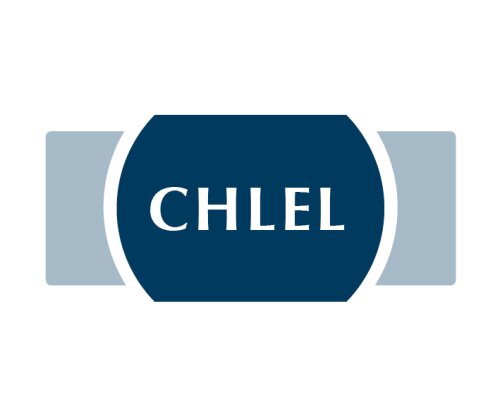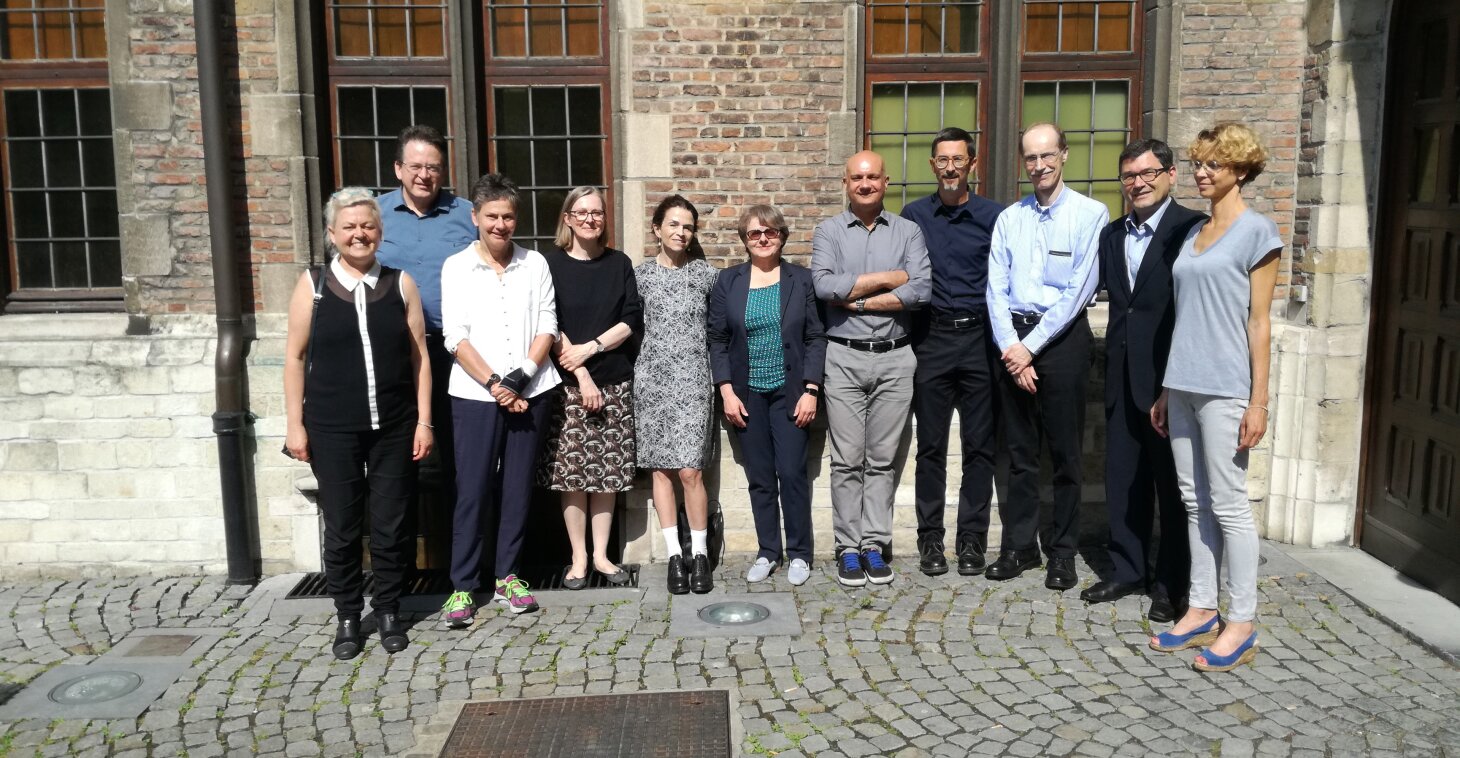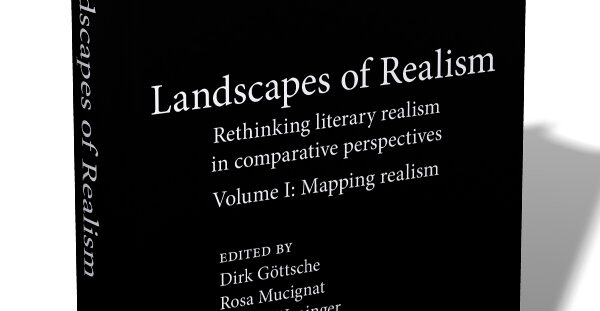Call for Papers

The Coordinating Committee for the Comparative History of Literatures in European Languages Series (CHLEL) was launched by the ICLA in 1967. Its purpose is to publish a series of comparative historical studies, each edited by an international team of scholars. This ongoing project is based on two fundamental premises. First of all, the writing of literary histories confined to specific nations, peoples, or languages must be complemented by the writing of literary history that coordinates related or comparable phenomena from an international point of view. Secondly, it is almost impossible for individual scholars to write such comprehensive histories, which implies we must now rely on structured teamwork drawing collaborators from different nations. The editorial Coordinating Committee that supervises this series consists of sixteen scholars from various countries (ICLA Coordinating Committee).
CHLEL publishes four forms of literary histories. Read our Mission statement to find out more.
Acknowledgement of Support
The Comparative History of Literatures in European Languages (CHLEL) is a publication series that benefits from the patronage of the Union Académique Internationale and is supported by the International Comparative Literature Association (ICLA).
Since its inception in 1967 the Coordinating Committee’s work has been supported at different times by the Hungarian Academy of Sciences, the Académie royale de Belgique, the Royal Society of Canada, the Academia Europea, the Netherlands Institute of Advanced Study of the Dutch Academy, and the Nordic Council of Ministers.
New volume: Landscapes of Realism: Rethinking Literary Realism in Comparative Perspectives. Volume II: Pathways Through Realism. |




